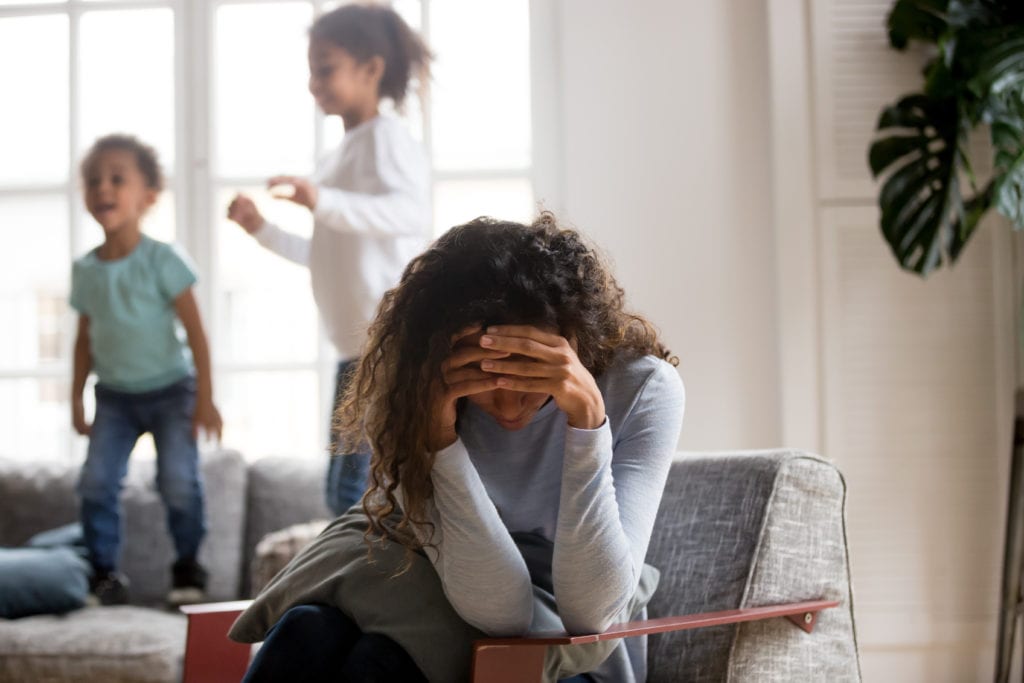Whether you’re looking for single mother help
or you have a partner to lean back on, there’s no incident quite as devastating as a miscarriage. Discovering that you’re expecting a baby can fill you with hope for the future, yet losing that pregnancy – often times for reasons that are not entirely apparent to you – can be harrowing and one of the most emotionally intense experiences you’ll ever endure.
If you are impacted by a miscarriage and you have other children, this can pose a host of new challenges, particularly if your youngsters are old enough to know how babies are created and born.
With these helpful tips, you can gain a better sense of how to explain your miscarriage to your children. You may also gain new knowledge that will facilitate the recovery process.
Should I tell my children?
If you’re expecting a child and begin to tell friends and family but then lose the baby, it can have a big impact on your emotional state. Little ones are sure to pick up on the change in your mood, but it’s up to you whether you feel that this is something you want to share with them.
Talking about a miscarriage may seem too intense to try with children, but if you withdraw emotionally, it could send mixed or confusing messages to them that are difficult to decipher.
Try to be honest with your children as best as possible and try to convey the situation in the way you find most appropriate. You don’t have to take the conversation into theological or philosophical areas if you don’t want to, but understand that children may have several questions about the nature of death after you bring this up.
How do I know if they’ll understand?
When you choose to talk to your children about a miscarriage, you’re not only informing them that a potential sibling has been lost – you’re beginning a conversation about death and the impact it can have over other areas of life.
If your children have helped take care of a family pet and witnessed the death of this beloved companion, they may have an idea already about death and its effect on people. However, the loss of a child is substantially different.
The only way that you can really determine if kids can understand the concept and finality of death is to consider your children’s general temperaments and age before you broach the topic.
Accepting their questions
While it may be difficult for you to talk about directly, the miscarriage that you experienced is a significant life event that could have a transformative effect not only on you, but your children.
Once you begin the discussion with your kids, they may have many questions to ask you. The news that a potential sibling has been lost can impact children in different ways, and anxiety or depression can be common. If inquiring into the experience helps relieve their nervousness, you should absolutely do your best to help your children by responding.
In the event that a question bothers you, you can always refuse to elaborate. While this may not be conducive to your children’s healing process, it could have a positive effect on your own.
